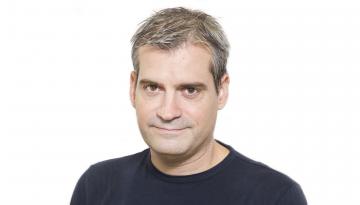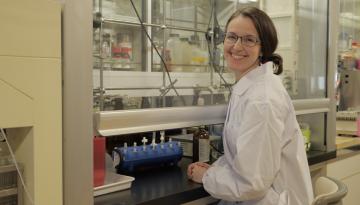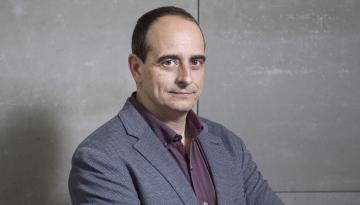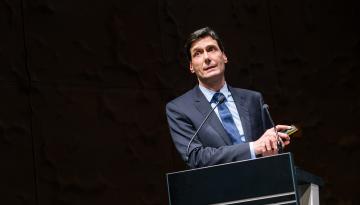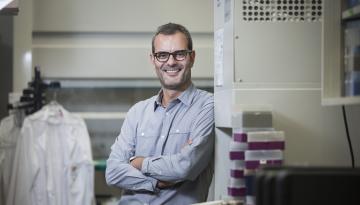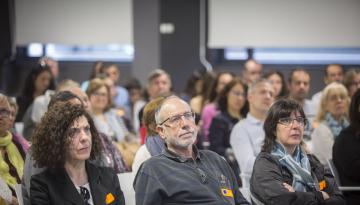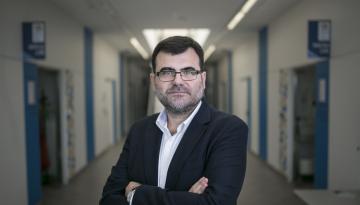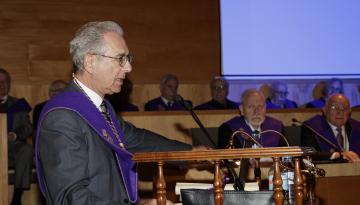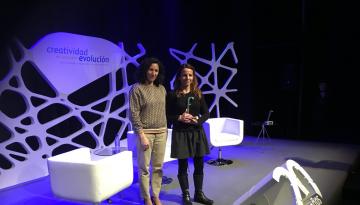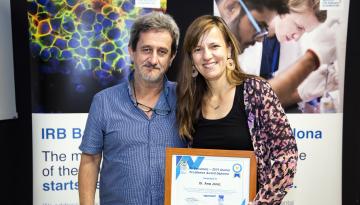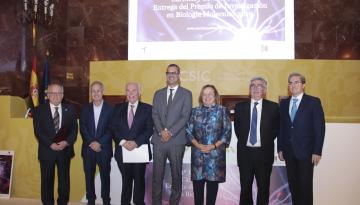The 3rd edition of the ENABLE, a symposium organized by young researchers, was held in Nijmegen (the Netherlands).
Nijmegen, the Netherlands, hosted the third ENABLE (EuropeaN Academy for BiomedicaL SciencE) symposium entitled “Next-generation life scientists: Side by side to break new ground” between 13 and 15 November.
“What makes ENABLE stand out from other conferences is that it is organised by and for young researchers,” say David Mas, Nevenka Radic and Valentina Zinna, young scientists at the Institute for Research in Biomedicine (IRB Barcelona) and members of the Scientific Organisation Committee of the event.
This year´s gathering has focused on the future of science and the new challenges that biomedical labs face. The increasingly multidisciplinary nature of teams was reflected in the four sessions held this year, namely Advanced Imaging, Personalised Medicine, Big Data, and Fundamental Research.
As in previous years’ events, the most recent ENABLE gathering paid particular attention to career development. “A full day has been devoted to workshops, talks by professionals and networking with invited companies,” explains David.
“We would also like to highlight that debates that we held were widely appreciated by the participants,” adds Valentina. “In Wednesday’s session, we discussed the future of publications and the new career challenges faced by young researchers. For Friday’s session, we had previously asked participants to propose topics they considered important, among them gender equality, tutoring and the differences between science and academia,” she goes on to say.
Another important part of ENABLE is science outreach activities. “We have presented our work to the general public via activities for kids and secondary school students, as well as talks in pubs,” explains Nevenka.
“ENABLE is a unique opportunity to bring together young scientists of diverse origin, working in different fields and countries who encounter the same obstacles in their scientific careers as us and with whom we can share experiences and exchange ideas,” concludes Valentina.
In addition to IRB Barcelona, the organisation of the symposium involves another three scientific institutions, namely the Radboud Institute for Molecular Life Sciences (RIMLS) inNijmegen, the Netherlands, The Novo Nordisk Foundation Center for Protein Research (CPR) in Copenhagen, Denmark, and the Scuola Europea di Medicina Molecolare (SEMM), in Milan, Italy, and the science communications agency Scienseed, in Madrid. ENABLE is cofunded by the European Commission.
